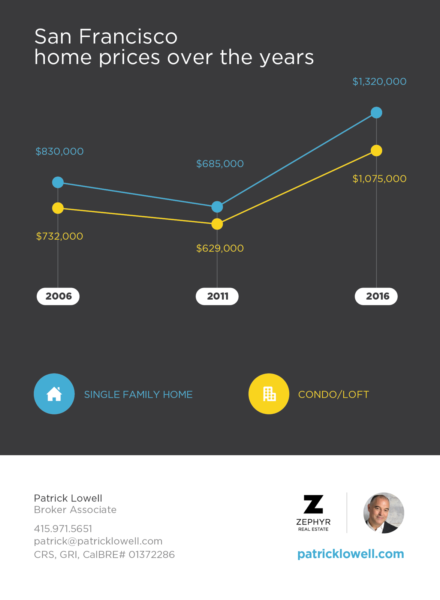If you have spent more than a day searching for a place in San Francisco, you have probably heard the term “disclosure package”. When a seller prepares their home for sale, they are guided by their listing agent through an important but rather lengthy disclosure process. As the name implies, disclosures are documents that give prospective buyers more information about a particular property. If the seller knows of a material fact about a home, they are obligated to tell the prospective buyer about it.
The contents of a disclosure package usually include a variety of statements and mandated reports. Often these include: home inspection report, termite inspection report, preliminary title report, history of permits, natural hazard report, condo rules & restrictions, underground tank inspection, seller’s transfer disclosure statement, and many more. Most residential sales in SF are “AS IS”, meaning that the buyer is taking the property in it’s current condition and accepts the disclosures as they are, including the imperfections. It is therefore very important for buyers to read and understand the entire disclosure package before submitting any offer. Sellers are wise to disclose everything to buyers in advance to avoid any re-negotiation resulting from undisclosed issues during the inspection and sale process.
If you have found a property you love, your agent can get the disclosure package for you, just ask. Keep in mind that packages can be 100-300 pages in length, so you may want to be careful how many you request. Interestingly (at least to me), SF is one of the few cities where sellers and agents prepare a disclosure package up front before a home hits the market. Real estate custom in most other cities is that agents and sellers wait until a buyer is in contract before they prepare the reports and disclosures.
A sample disclosure package cover sheet:
 415.971.5651
415.971.5651
 patrick@
patrick@
 SF Office
SF Office





